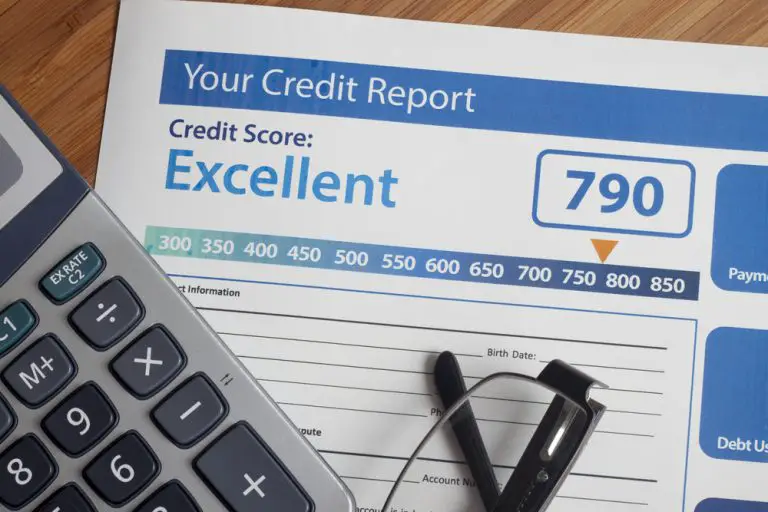It is an unfortunate reality that neither our schooling system nor colleges in the US prepare people for financial literacy. One of the neglected things that all Americans really need to know about is a credit score. In order to live a fully-realized financial life, every adult needs a sufficient credit score. Without one, you cannot access loans with anything approximating a reasonable interest rate.
But you may feel like you are starting at a disadvantage. You don’t know how to get a credit score, let alone keep it at a fair level. The good news is that getting and maintaining a good credit score is not complicated, even if it might be a struggle in a real-life sense.
Here are 6 steps to a better credit score.
1. Use a credit card to get started
If you are starting with a blank slate, you will have to get credit in order to start building a credit score. How do you get credit if you don’t already have a credit score? The most straightforward way to do so is to apply for a credit card. Most credit cards do not require you to have a credit score and you can get one quickly and easily.
In order to get a credit record, you will need to use your credit card, even for a fairly nominal purchase, and start paying it back. Leaving your credit card unused will not help you at all.
There are also services like UltraFICO and Experian Boost that give you a credit score by going through all of your financial history, including your usage of your bank account and utility payments.
Now, how do you begin to improve your credit score, especially if you have already had credit issues?
2. Review your credit reports
Many people who are trying to improve their credit scores are flying blind. However, this is completely unnecessary. You don’t need to cast your net wide in order to build your credit score. On the contrary, you simply need to start with the issues that have harmed your credit score.
To do this, all you need is to review your credit reports. You can get reports from the three major credit bureaus: Equifax, Experian, and TransUnion. Look at the factors which have led to a low credit score and start working on them.
3. Pay bad debt
If you have a history with credit, chances are you have some unpaid debts. These may have been passed over to debt collection agencies and reported to credit bureaus. In order to improve your credit score, it is essential that you pay back these debts. If you cannot do so immediately, ask the debt collection agency if you can make a payment plan.
Once these debts have been paid, your credit score starts to improve. Credit scores are supposed to give an indication on whether you pay back debts, and doing so now provides the most recent evidence of your financial traits.
4. Lower your credit utilization
Having credit available is good for your credit score, as long as you are not abusing that credit. The ideal scenario is that you have credit available but keep your utilization of that credit fairly low. The mark you should aim for is 30% or less. In other words, if you have $10,000 available in credit, you should have used $3,000 or less. Using more will not harm your score, but keeping your credit utilization low will go a long way to improving it.
5. Consider debt consolidation
The above steps are easier said than done. Most people with bad credit do not have the funds to simply pay back debts and lower their credit utilization. It was tough financial circumstances that led to the issue in the first place. One of the best ways to deal with this without pulling spare cash out of thin air is debt consolidation.
Debt consolidation refers to a loan that pays off all of your other debt, so that you only have one loan to pay back, usually with a better interest rate. Debt consolidation helps your credit score by paying back debts that may have caused the initial problems. You can then start paying back your debt more easily at a lower rate, improving your credit score month by month.
If you have a lot of credit card debt, a balance transfer credit card can do the equivalent. Using one of these cards, you pay off all of your other credit cards and start anew, usually with a time period over which you pay zero interest.
6. Keep old accounts open
You may think that closing any accounts that have caused you debt problems in the past is the best route to take. However, if you can keep these accounts open without using them, they can contribute to your credit score. After all, having them open automatically decreases your credit utilization.
If you are concerned that their accessibility may lead to bad financial decisions on your part, the extra credit points are not worth it. Your credit record opens doors, but it is in no way a guide to responsible financial practices.
Improving your credit score does not need to be complicated. Take the above 6 steps to open doors to financial freedom.
